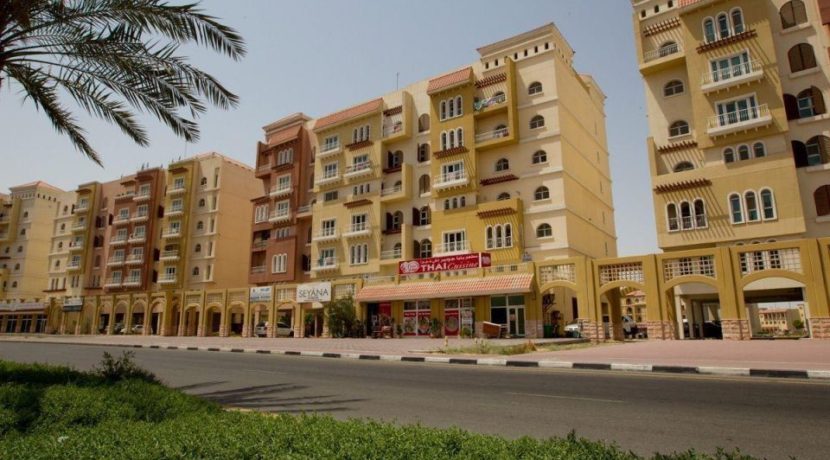Dubai’s residential rent prices have recorded no change in Q1 of 2018, improving the annual rate of change from -7.7% at the end of last year to -3.1%, marking the first stable quarter for rents in the emirate in over two years, according to global property consultancy Cluttons.
While the rental market has shown signs of stabilisation, increasing off-plan investment stock is expected to pose future challenges, said Cluttons’ Dubai Spring 2018 Property Market Outlook.
The rental market’s ability to absorb the high volume of stock will be tested over the next few years, the report showed.
Newly completed rental projects will likely attract tenants, while older properties will see rents fall around 5-7% over the remainder of the year, according to Murray Strang, Head of Cluttons Dubai, who said it will likely lead to the creation of a distinctive two-tiered market.
As for sales, the first three months of 2018 showed a 2.5% drop in average residential values across the city, though affordable areas including International City and Discovery Gardens saw stable prices, largely due to lack of new supply in such markets, said Faisal Durrani, head of research at Cluttons.
“We expect demand to remain firmly centred on new homes priced under AED800 psf as affordability takes centre stage in the market. Of the 134,000 units we expect to hit the market by the end of 2020, just over a third are expected to be priced under AED 800 psf, underscoring the burgeoning affordability issues that the city is storing up for the future,” he said.
Despite the usual 20-30% slowdown in deliveries, supply is expected to exceed demand resulting from organic population growth which will see 77,500 households created.
However, Durrani said not all new households will purchase a home, as many are expected to rent.
“Developers appear to be ignoring this critical issue at present; however, the new proposed law around the restriction of off-plan sales until schemes are 50% complete may well be a blessing in disguise,” he said.
He expects developers to be forced into reviewing their growth strategies and development pipelines, with a chance of abandoning the ‘build it and they will come’ mentality, and hopes of seeing more modest homes to match demand.
Office rents tracked by Cluttons have remained largely unchanged during Q1, though areas such as Bur Dubai registered the lowest correction (-21%) in upper limit rents, resulting in AED 30 psf lower than this time last year.
As for industrial rents, they have continued to drop following an excess amount of developed supply in 2017 ,with rents likely to decrease by up to 5% this year.
In terms of the hospitality sector, overall occupancy has improved, resulting in a 78% average last year, up from 76% in 2016, thanks partly to 10 new hotels added in Dubai in 2017, taking the total number of rooms to a total of 82,733 keys.
However, the rising number of hotel and hotel apartments, combined with the rise of Air BnB, is likely to result in downward pressure on revenue per available room (RevPAR).
Source : Arabianbusiness

